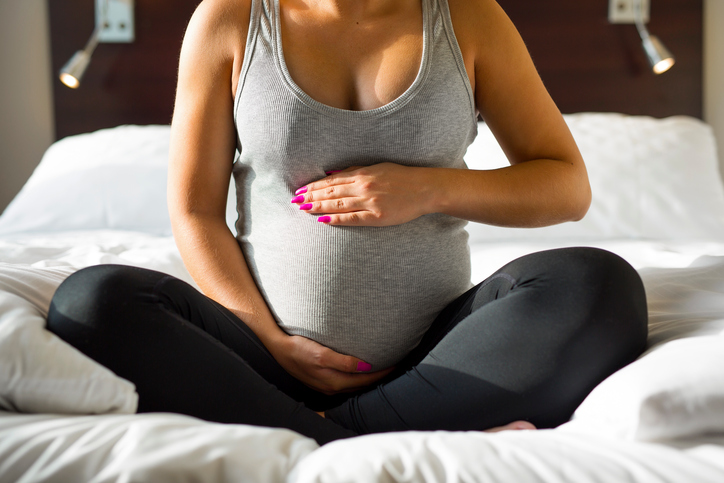Researchers and doctors have long touted the short- and long-term health benefits of breastfeeding, but research shows it also may reduce a woman’s risk of having a heart attack or stroke later in life.
An analysis of data from 289,573 women in China found that those who breastfed their babies had about a 10 percent lower risk of developing heart disease or stroke. The study, published in of the Journal of the American Heart Association, used data from women in the China Kadoorie Biobank study who provided detailed information about their reproductive history and lifestyle.
None of the women enrolled in the study had cardiovascular disease when it began, and researchers found that after eight years of follow-up, there were 16,671 cases of coronary heart disease, which includes heart attacks, and 23,983 strokes.
Because it is an observational study, relying on self-reported information, it doesn’t necessarily prove cause and effect. So, further study is needed. But researchers say these findings should encourage more widespread breastfeeding to help both baby and mother.
“The health benefits to the mother from breastfeeding may be explained by a faster ‘reset’ of the mother’s metabolism after pregnancy,” said study co-author Sanne Peters, Ph.D., a research fellow at Oxford University in England. “Pregnancy changes a woman’s metabolism dramatically as she stores fat to provide the energy necessary for her baby’s growth and for breastfeeding once the baby is born. Breastfeeding could eliminate the stored fat faster and more completely.”
The American Heart Association recommends mothers breastfeed for one year. The Academy of Pediatrics recommends one year and thereafter for as long as mother and baby desire. The World Health Organization recommends breastfeeding up to 2 years of age or beyond.






